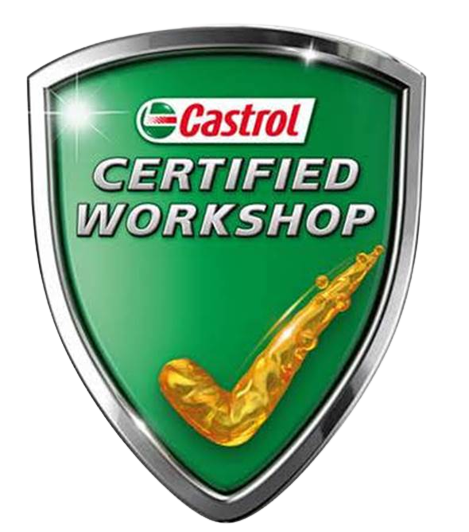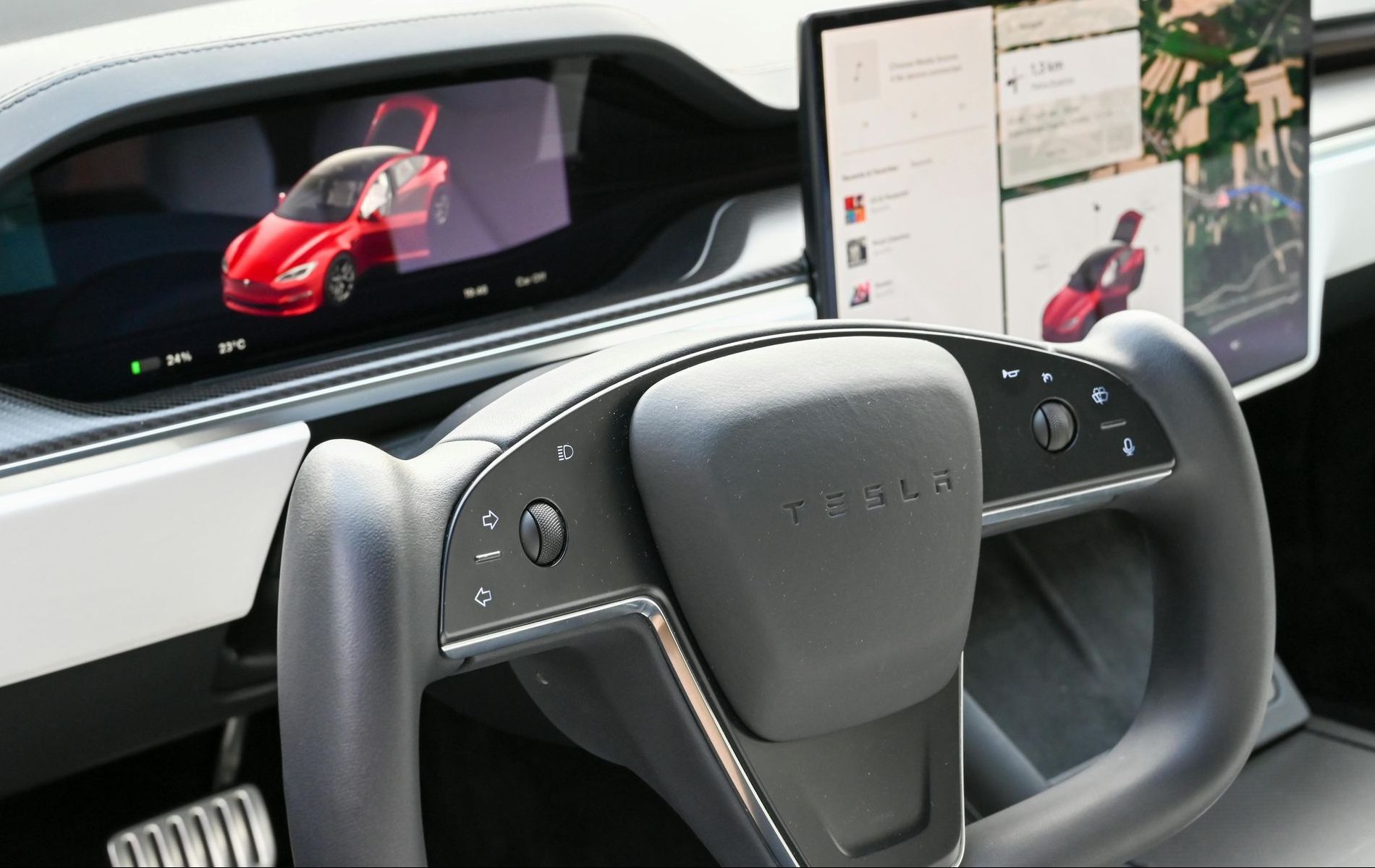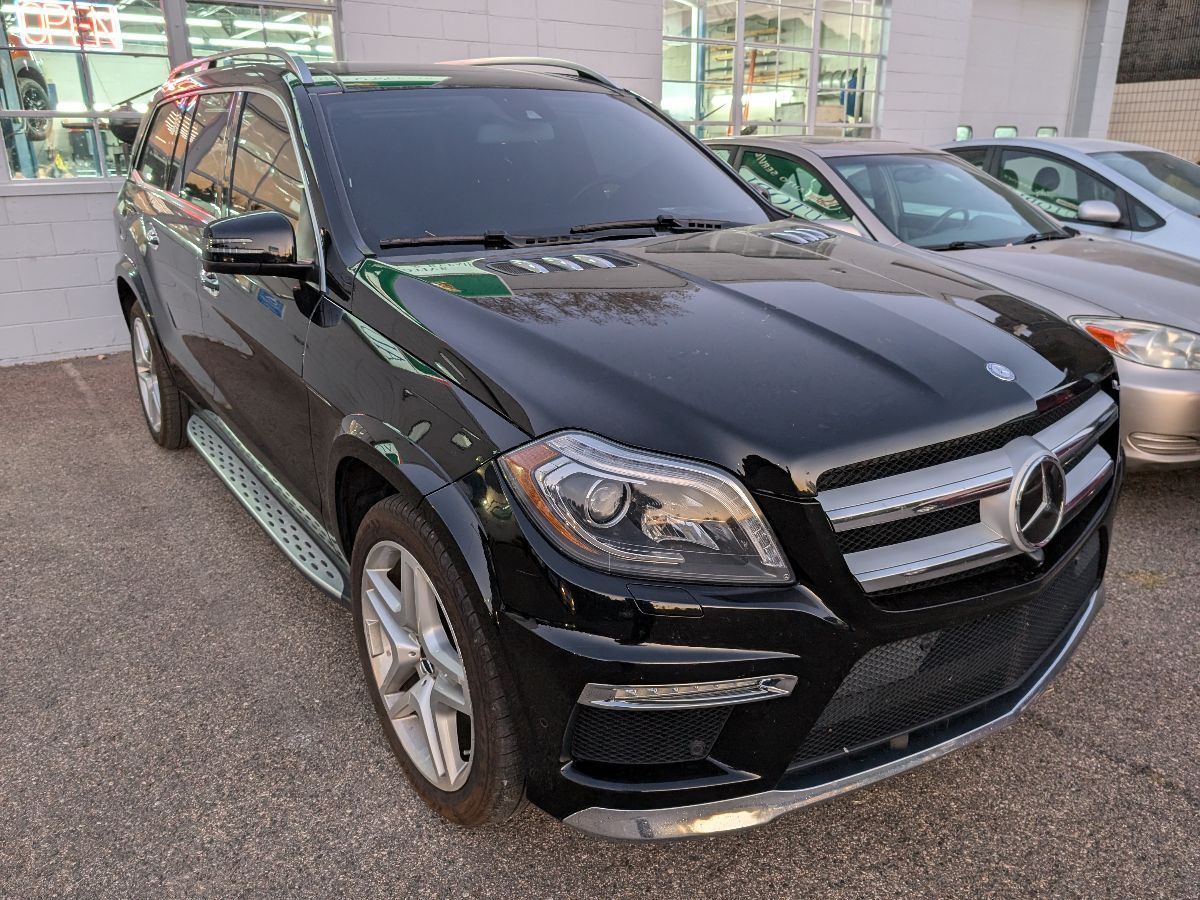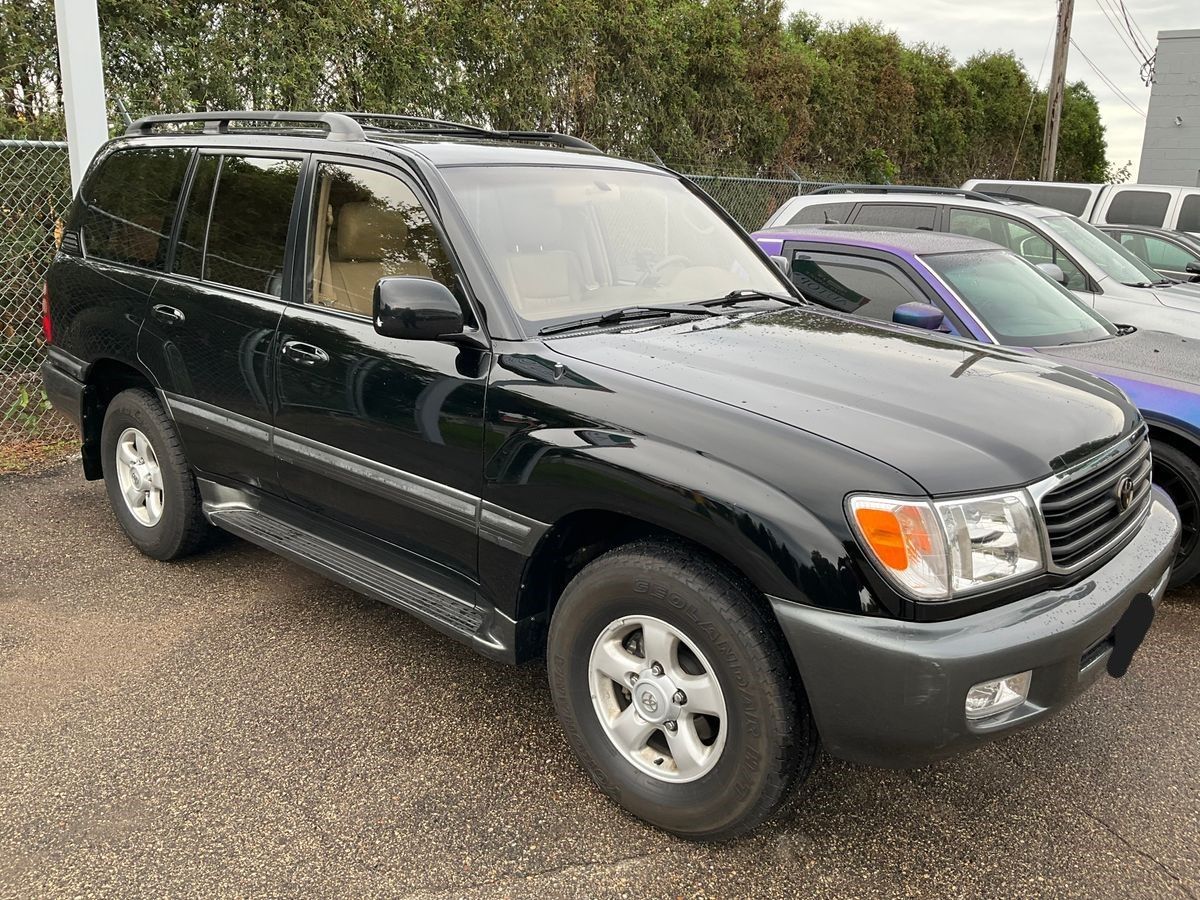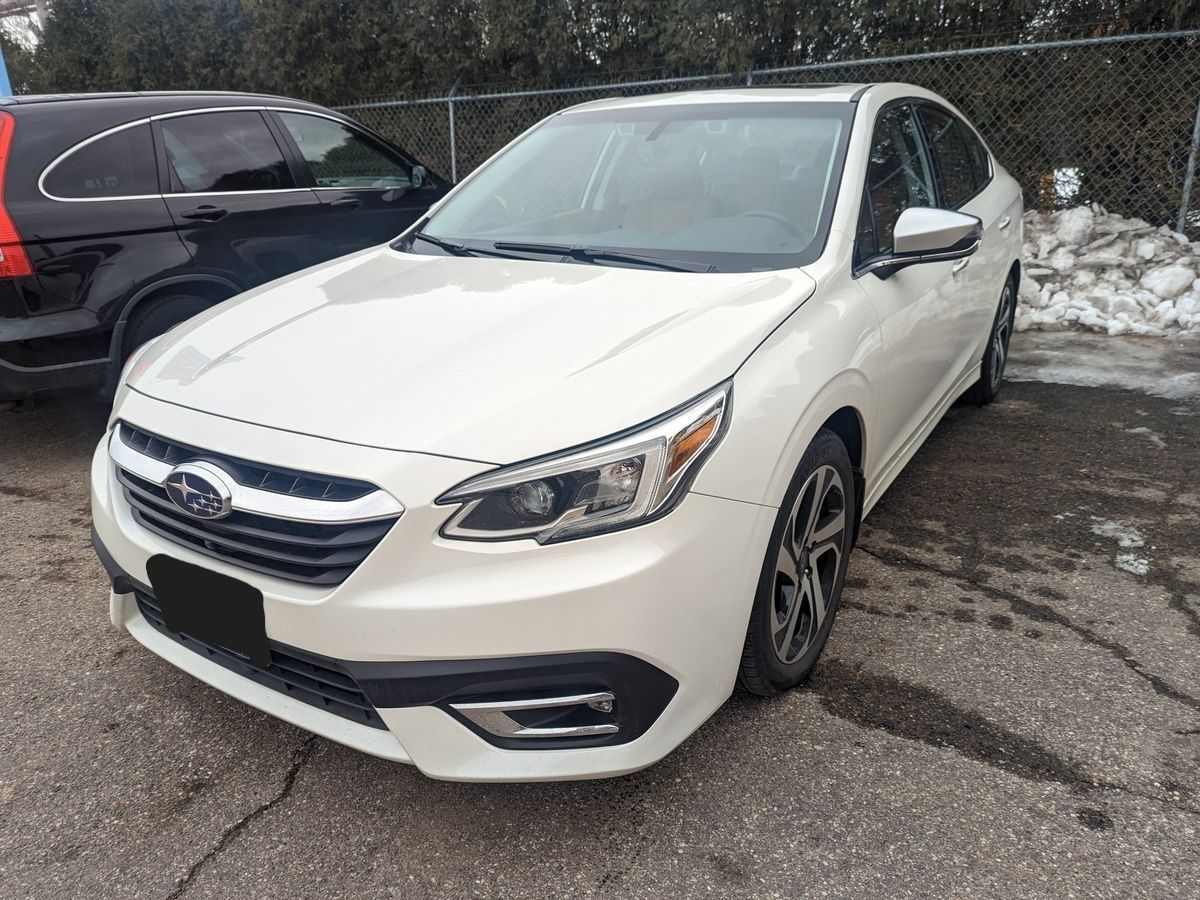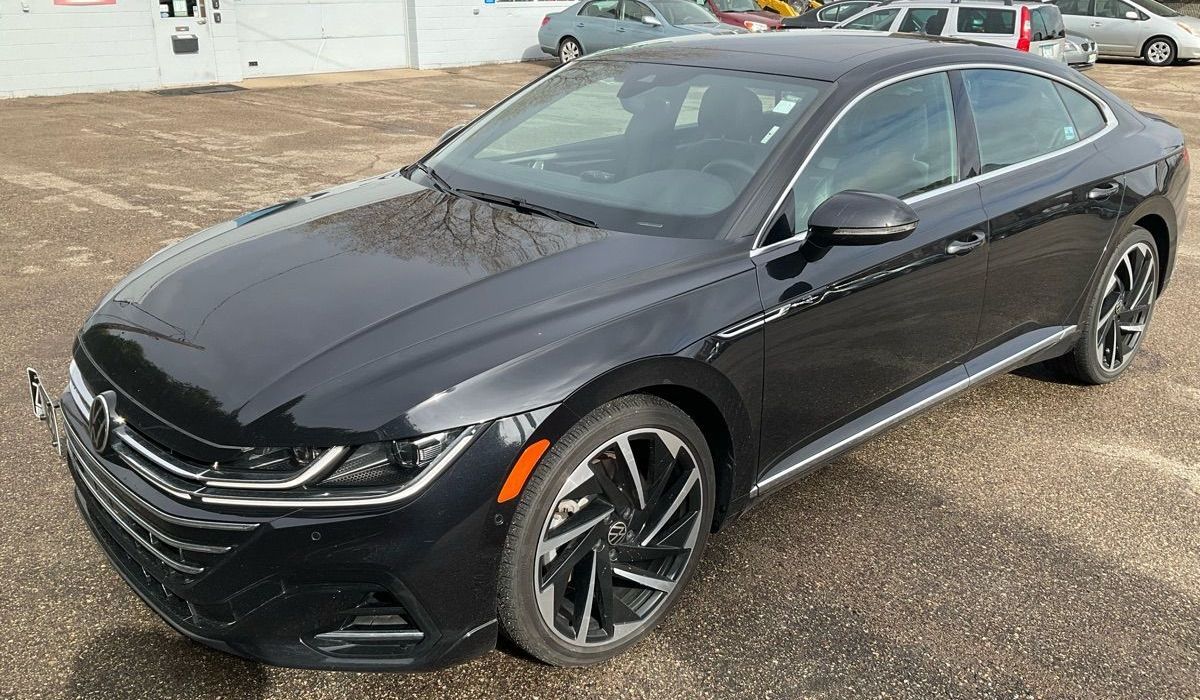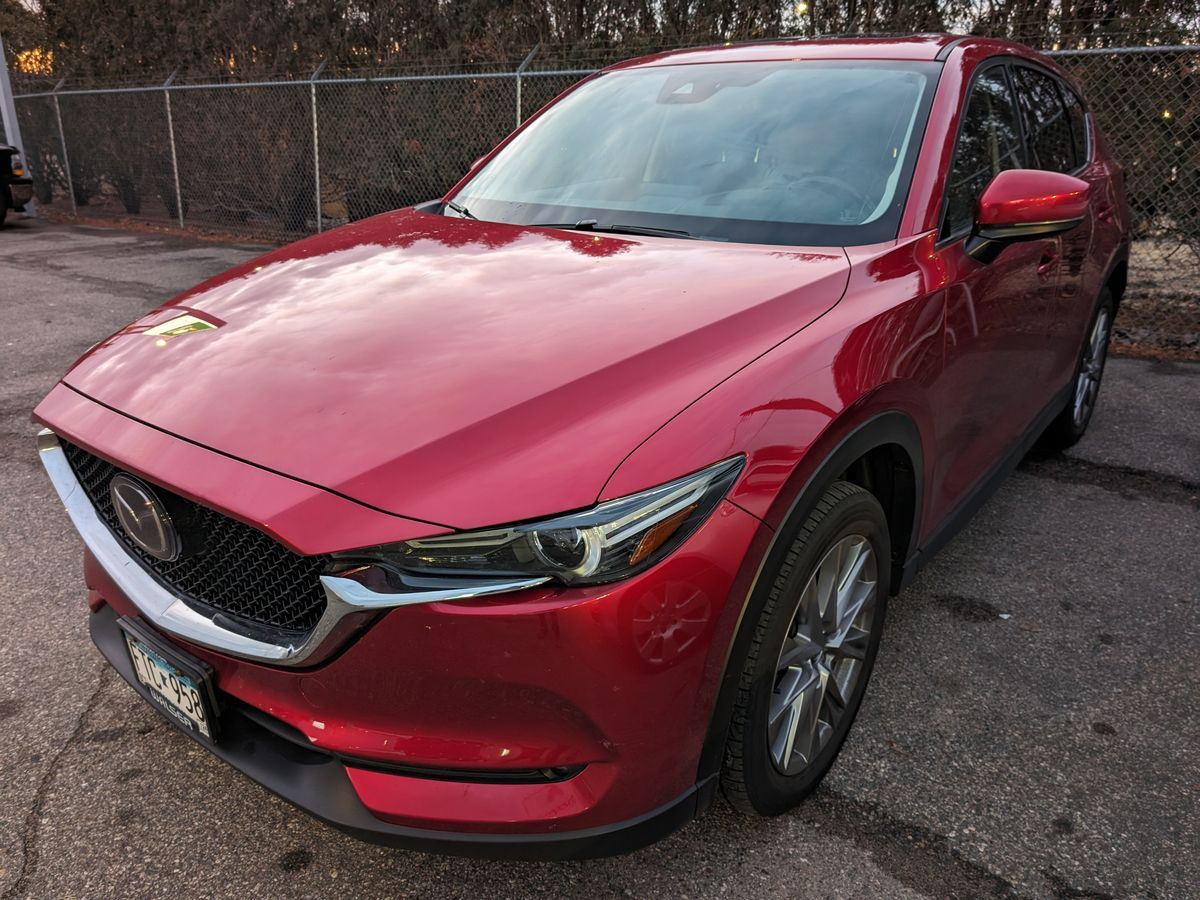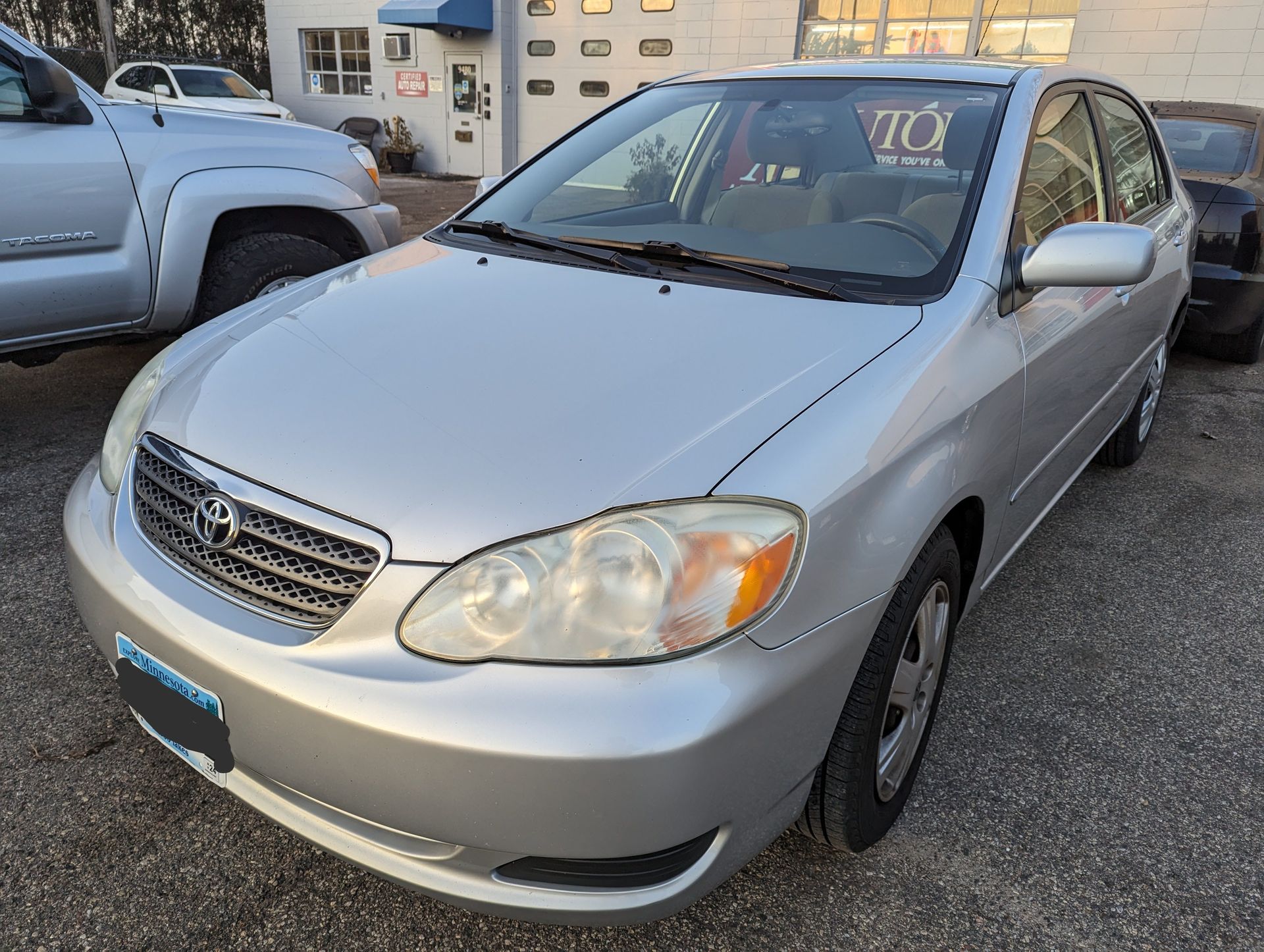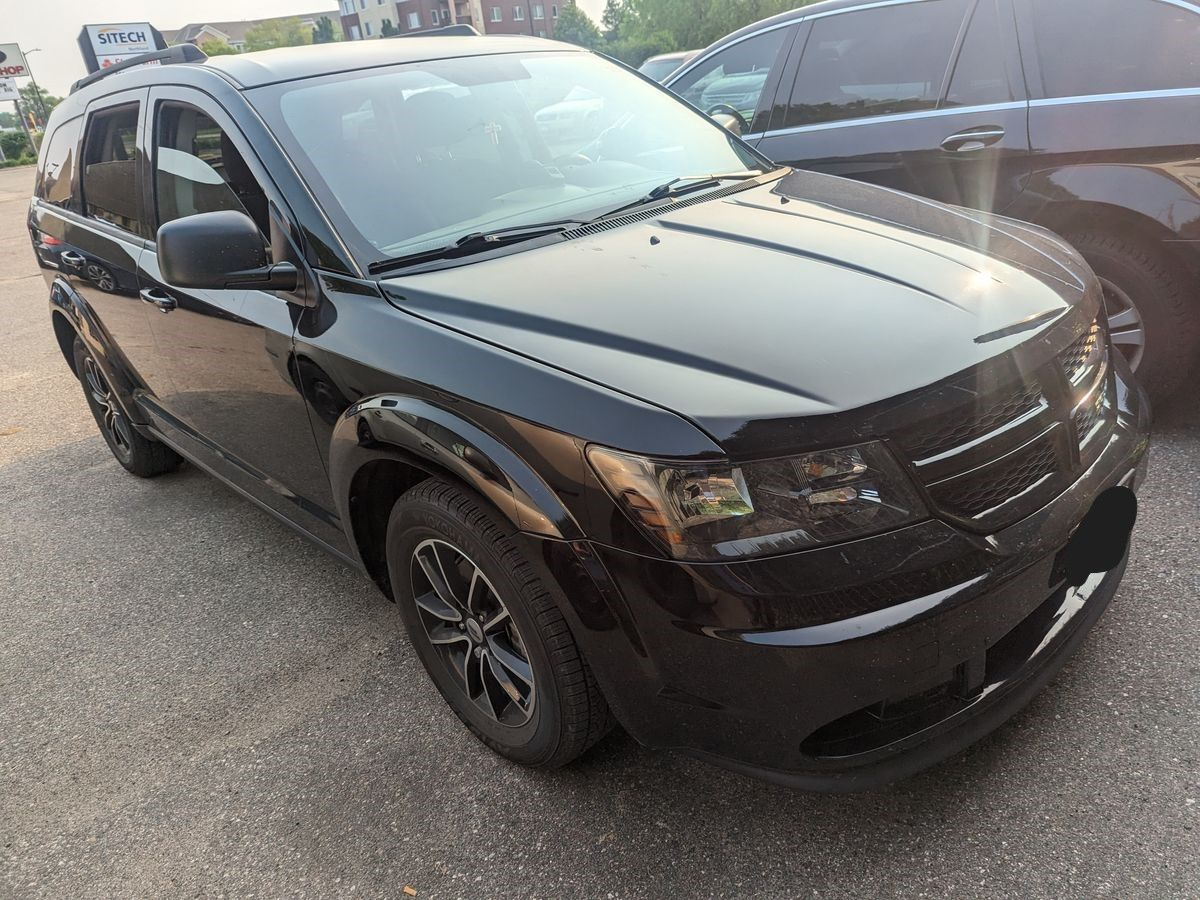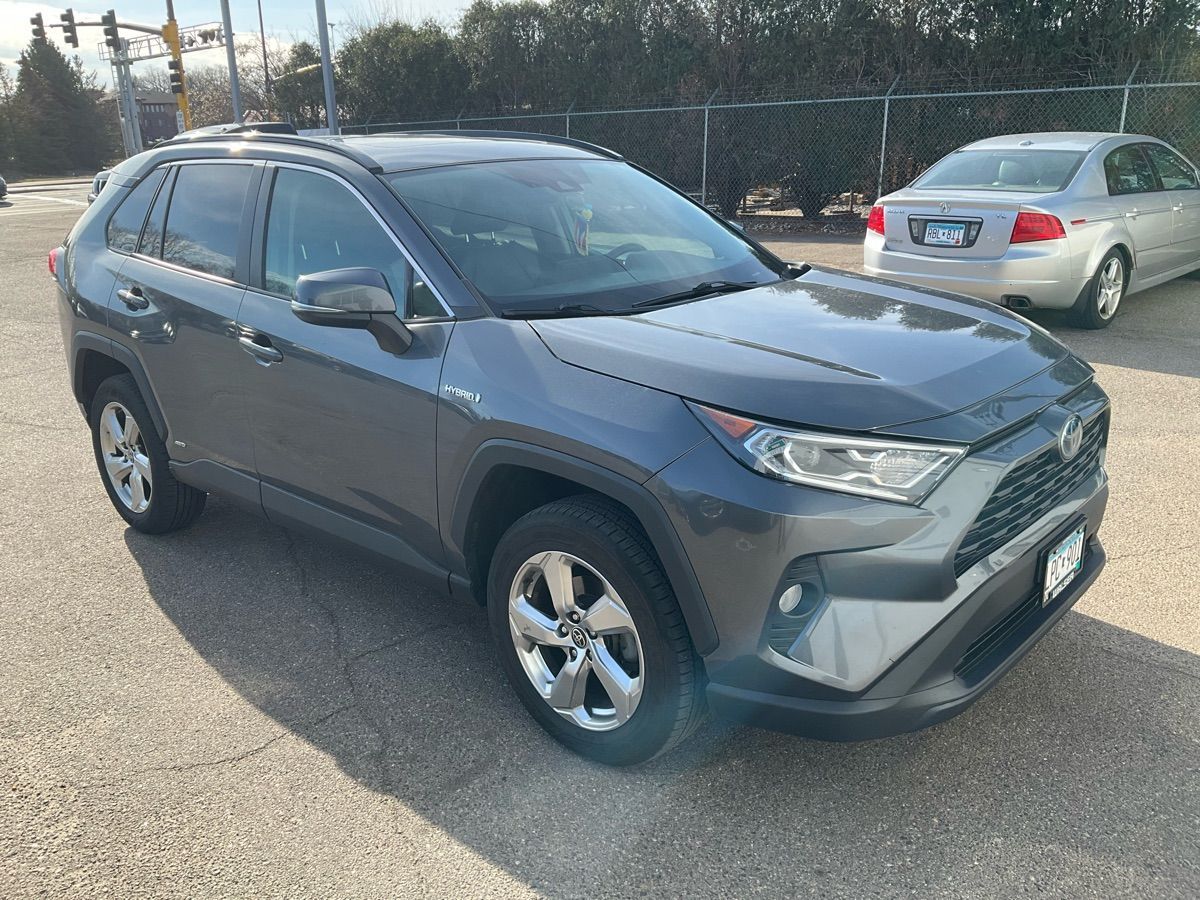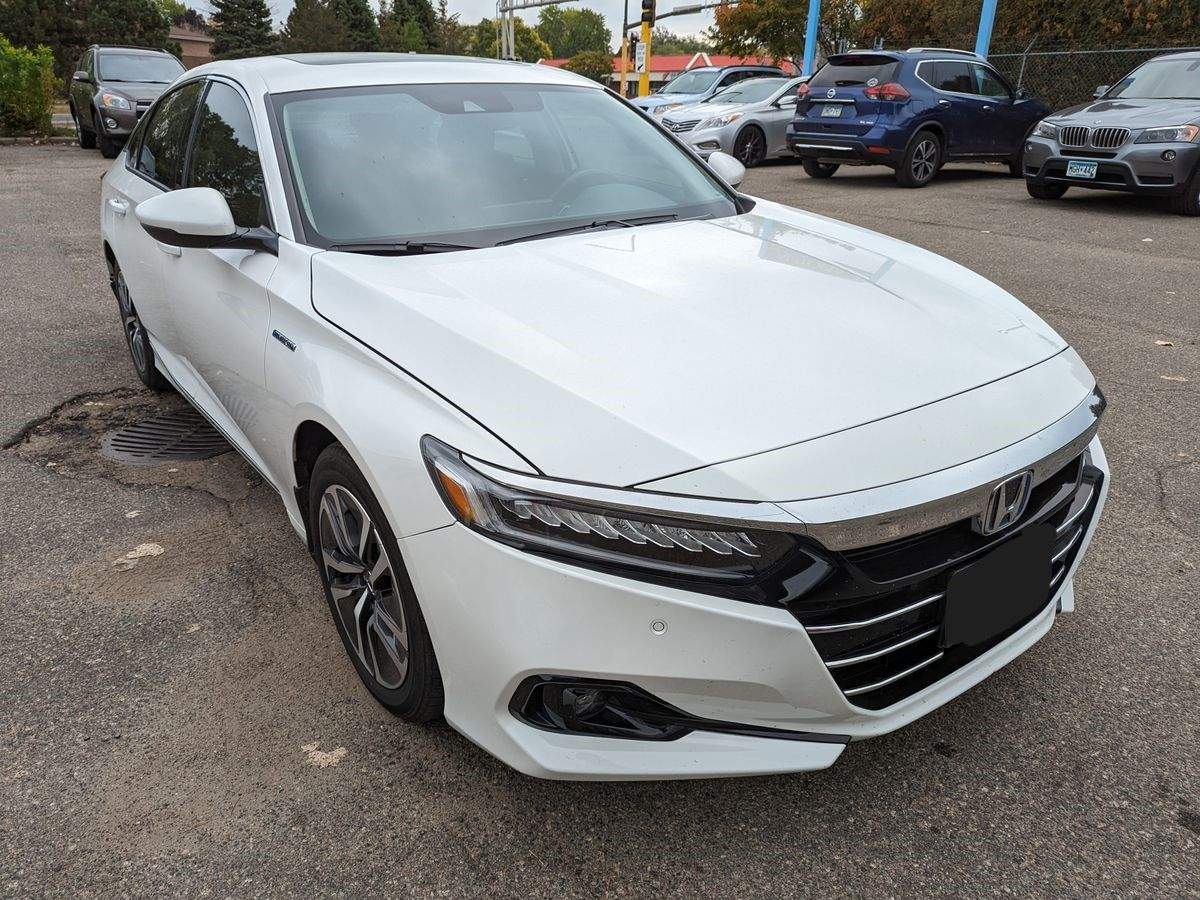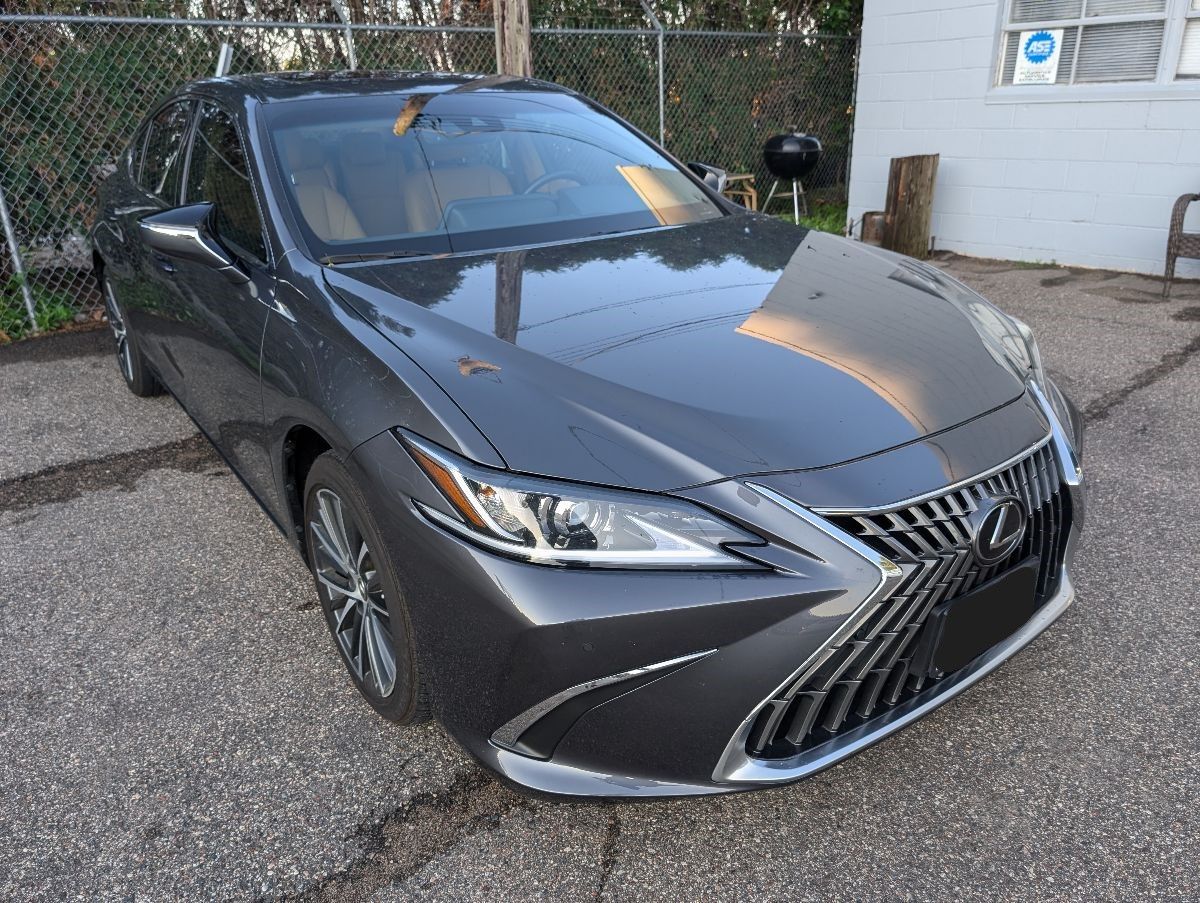Blog #102: Tesla Auto Pilot Safety: Why Regular Sensor Calibrations Matter
Blog #102: Tesla Auto Pilot Safety: Why Regular Sensor Calibrations Matter
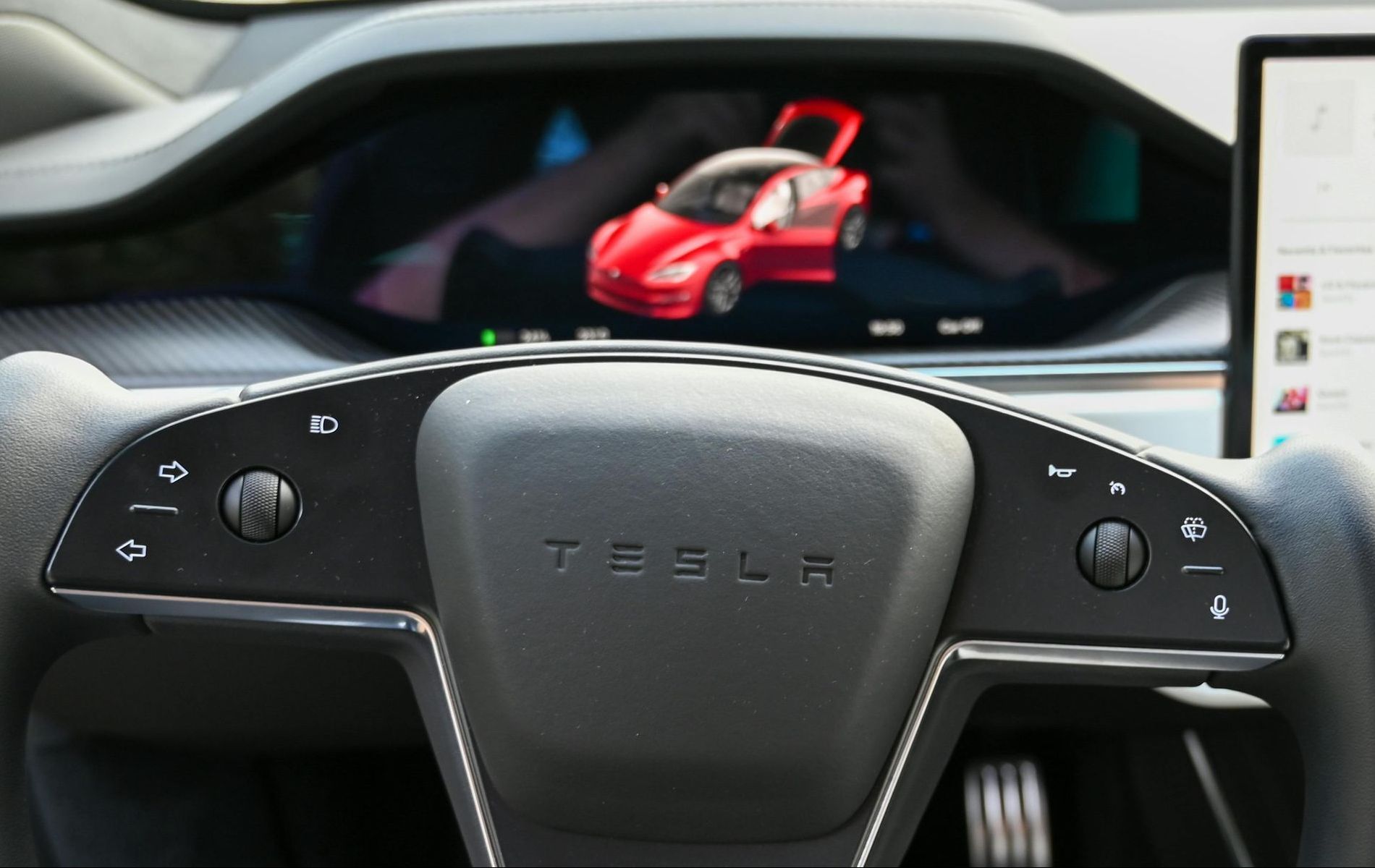
If you're a Tesla owner in Bloomington, chances are you're enjoying the ease and thrill of Autopilot. But behind the wheel of this cutting-edge technology lies something that most drivers overlook: sensor calibration. At Autopia Bloomington, we’ve seen how small oversights in Tesla maintenance—especially around sensors—can quickly compromise your car’s safety systems.
Whether you’re using basic Autopilot or Full Self-Driving (FSD), here’s what Tesla doesn’t always tell you—and how you can protect your investment (and your safety).
What Is Tesla Sensor Calibration?
Tesla’s advanced driving features depend on a network of cameras, radar, and ultrasonic sensors that constantly monitor the environment around you. These sensors:
- Keep your vehicle centered in lanes
- Detect and avoid other cars, pedestrians, and obstacles
- Control braking and acceleration
- Help the car safely change lanes or exit highways
When these systems are out of calibration, your Tesla may respond unpredictably—or not at all.
Signs Your Tesla Sensors Need Calibration
You might assume everything is fine because you see no warnings on your screen. But subtle signs could suggest sensor drift or misalignment:
- Phantom braking or sudden deceleration
- Difficulty recognizing stop signs or lane markings
- Inconsistent lane centering or “ping-ponging” between lines
- Missed turns or odd navigation behavior with FSD
- Changes in Autopilot sensitivity after a software update
Common Reasons Sensors Lose Calibration
Even if you haven’t been in an accident, your Tesla may need recalibration due to:
- Windshield replacements
- Bumper repairs or replacements
- Tire size changes or suspension mods
- Potholes or speed bumps at high speeds
- Software updates or system resets
- Body work after minor collisions
These adjustments change how sensors interpret the vehicle’s surroundings—even slightly—and Autopilot performance may suffer.
The Autopia Bloomington Advantage
At Autopia Bloomington, our technicians are trained to work with Tesla diagnostics and calibration. We use specialized tools to ensure every camera, radar, and sensor is aligned precisely with Tesla’s factory specifications.
You’ll leave with confidence knowing that your Autopilot, lane assist, collision avoidance, and Smart Summon are functioning at their safest and most accurate levels.
Why Regular Calibrations = Safer Driving
Tesla is constantly pushing updates and improvements through OTA (over-the-air) software. But software is only as good as the hardware accuracy it depends on.
Think of calibration as the foundation for all Tesla Autopilot features. Without it, your Tesla might “think” it’s seeing the world clearly, when it’s actually misjudging the distance to the car in front—or misinterpreting lane markings entirely.
How Often Should You Calibrate Tesla Sensors?
- After any bodywork or windshield replacement
- After major software updates that affect driving
- Every 12–18 months for preventive safety
- Anytime you notice unusual Autopilot behavior
Autopia Bloomington: Tesla Maintenance You Can Trust
We’re proud to be Bloomington’s go-to service center for Tesla owners who want honest, expert auto care. Whether you drive a Model 3, Model Y, S, or X, you’ll get high-quality service without the high dealer pricing.
Frequently Asked Questions (FAQ)
Q: Does Tesla tell me when I need a calibration?
Not always. Tesla software may re-calibrate automatically after certain repairs, but if misalignment persists, you won't always get a clear warning.
Q: Can I drive my Tesla if the sensors are out of alignment?
You can, but features like Autopilot, Smart Summon, and even basic safety alerts may behave incorrectly. Calibration is a safety priority.
Q: Can’t the Tesla service center handle this?
Yes, but appointments can take weeks. At Autopia Bloomington, we provide fast, expert-level calibration without the long wait.
Q: How long does calibration take?
Typically 1–2 hours, depending on the issue. We’ll give you a full diagnostic report and let you know if additional work is needed.
Q: Will calibration affect my warranty?
No. Our calibrations follow Tesla-compatible protocols and won’t void your manufacturer’s warranty.
Drive Smart. Drive Safe. Stay Calibrated.
Autopilot is amazing—but only when your Tesla is seeing the road clearly. Don’t wait for a warning to find out something’s off.
Schedule your next Tesla sensor calibration with Autopia Bloomington today and keep every drive smooth, safe, and smart.

